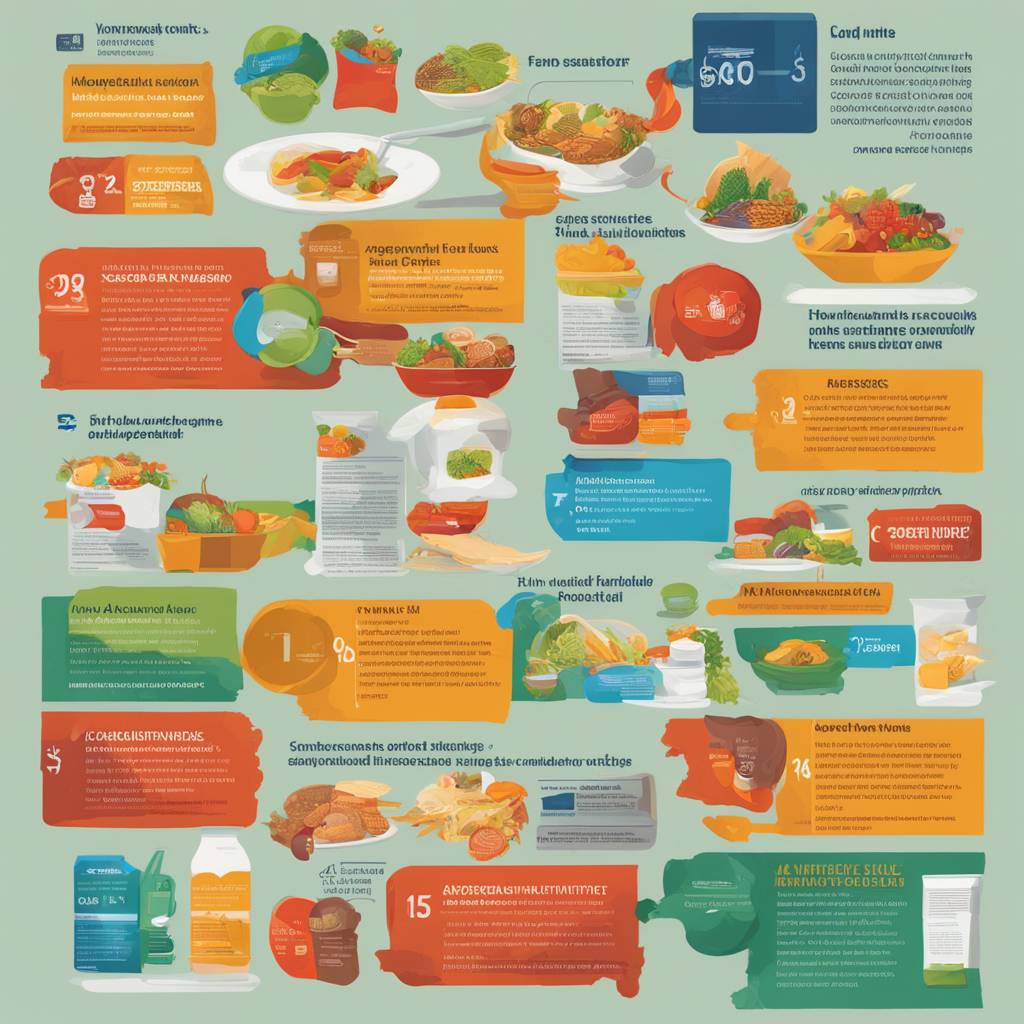Food insecurity among college students is a significant issue that can have negative impacts on physical and mental health, as well as academic performance and graduation rates. A recent study published in the Journal of Nutrition Education and Behavior investigated why more than half of college students eligible for the Supplemental Nutrition Assistance Program (SNAP) do not apply for benefits. In California, known as CalFresh, approximately 78% of eligible college students do not receive benefits, despite efforts to improve access.
The study, led by Dr. Suzanna M. Martinez from the University of California San Francisco, conducted focus groups and interviews with county staff responsible for implementing SNAP policies. The research aimed to understand how agency workers interpret the complex criteria for student SNAP eligibility, as well as identify challenges and potential improvements in the application process. Five central themes emerged from the interviews, including the need for consistency in policy dissemination, challenges with student exemptions and the application process, facilitators of successful application processing, burdensome policy tracking, and suggestions to eliminate student rules.
Findings from the study indicate that SNAP rules pose challenges for both students and those involved in implementing the rules. Additionally, eligibility requirements established over 50 years ago, assuming college students are from middle-class families, are outdated and may not accurately reflect the current student population. The research suggests simplifying the student SNAP process to increase participation among eligible students, particularly those from historically minoritized racial and ethnic groups and low-income backgrounds who may benefit from equitable access to SNAP benefits.
Dr. Martinez noted that the study coincided with modifications to SNAP rules in response to the COVID-19 pandemic, which streamlined the student application process and reduced administrative burdens. These changes aligned with suggestions from county workers to eliminate student rules and improve access to benefits. The research highlights the importance of addressing barriers to SNAP participation among college students to support their overall well-being and academic success.
Overall, the study emphasizes the need for policy consistency and improvements in the SNAP application process for college students. By addressing challenges and simplifying eligibility criteria, more students, especially those from marginalized communities, may be able to access vital food assistance benefits. Continued efforts to streamline the application process and remove outdated eligibility requirements can help reduce food insecurity among college students and support their academic success and well-being.













